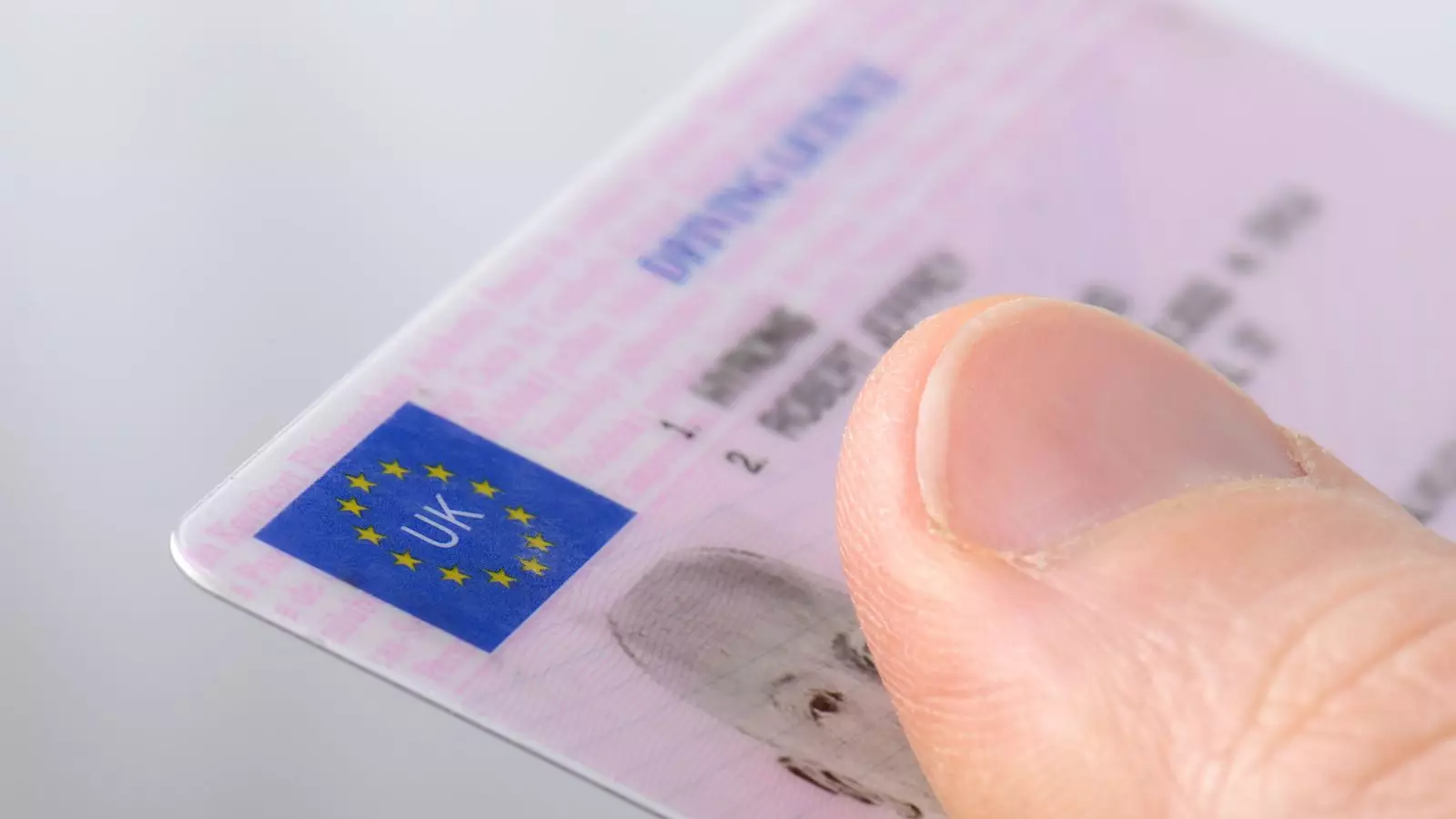As nations grapple with the economic scars left by crisis and the necessity for fiscal responsibility, welfare fraud emerges as a significant challenge. Recent initiatives undertaken by the UK government aiming to address and combat benefit fraud underscore a growing urgency to protect taxpayer resources. Under the Public Authorities (Fraud, Error and Recovery) Bill, the Department of Work and Pensions (DWP) is set to implement a series of measures that promise to reshape the landscape of governmental oversight concerning benefits. This article provides a critical assessment of these new provisions and explores their ramifications for both potential fraudsters and the public at large.
The proposed legislation signals a robust approach to welfare fraud, characterized by stringent penalties for offenders. Central to this new framework is the ability of the government to seize funds directly from the bank accounts of individuals found guilty of fraudulent claims. In addition, the bill proposes the suspension of driving licenses for those who refuse to repay overpayments exceeding £1,000. Such measures are not merely punitive; they embody a broader strategy to create a deterrent effect against fraud.
The DWP estimates that these initiatives could save the taxpayer approximately £1.5 billion over the next five years, a figure that is particularly compelling given the estimated £8.6 billion lost to fraud and overpayments within the fiscal year leading up to April 2024. This focus on financial recovery is crucial not only for economic stability but also for sustaining public trust in welfare systems. After all, the essential premise of social security is grounded in the belief that taxpayer money should be used to support those genuinely in need.
Consequences and Controversies
However, the approach under consideration is not without its challenges and criticisms. While the DWP emphasizes the need for oversight and safeguards to ensure that these powers are executed fairly, the potential for misuse or disproportionate enforcement cannot be overlooked. The proposed measures evoke concerns about civil liberties, particularly regarding access to personal bank statements and the threat of driving bans. Critics fear these tactics might lead to an environment of suspicion where individuals are presumed guilty until proven innocent.
In addition, the surge in fraud during the COVID-19 pandemic has fueled the urgency of these measures, indicating a shift towards a more aggressive approach in the face of unprecedented challenges. Yet some argue that focusing on punitive responses may overlook the underlying issues contributing to the rise in fraudulent claims. The correlation between economic distress and welfare fraud begs for a more comprehensive exploration of the societal factors at play.
Political responses to the incoming legislation are varied. While proponents, including Work and Pensions Secretary Liz Kendall, herald the bill as a necessary step towards safeguarding taxpayer money, critics highlight the continuity of policies that they argue have not effectively addressed the root causes of welfare fraud. The shadow work and pensions secretary Helen Whately’s remarks against the government’s integrity, especially in light of past leadership decisions, highlight the complexity and competing narratives surrounding the issue.
As the bill approaches its introduction in parliament, the conversation about benefit fraud continues to deepen. The proposed legislative measures could potentially reshape how welfare support is administered and how fraud is policed. Moving forward, it will be crucial to ensure that these initiatives are balanced with fair oversight and that the voices of those affected by these policies are included in the dialogue.
The forthcoming Public Authorities (Fraud, Error and Recovery) Bill represents a paradigm shift in the UK government’s stance on welfare fraud. By introducing significant repercussions for individuals who defraud the system, the DWP aims to reclaim lost taxpayer funds while restoring confidence in public services. However, the effective implementation of this legislation will hinge on the intersection of accountability, civil rights, and government transparency. As policymakers grapple with these critical issues, the focus must remain on creating a system that not only deters fraud but also supports the integrity and compassion inherent in welfare programs.


Leave a Reply